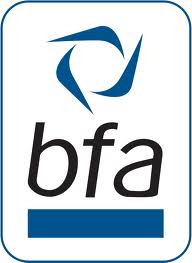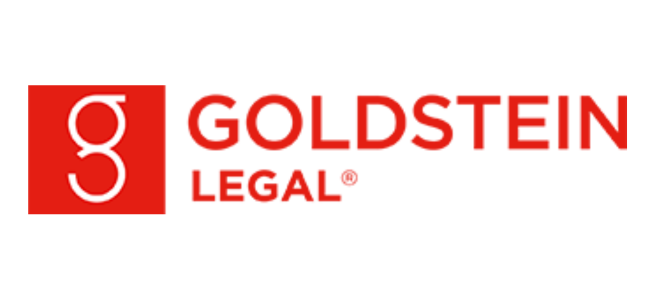Record number of franchisee-owned units report profitability
Results from the British Franchise Association/NatWest Franchise Survey 2015 reveal that the past two years have seen substantial changes in the sector, not least a record 97% of franchisee-owned units reporting profitability during this time.
The survey, which evaluates the trends and performance of the franchise sector along with the attitudes and opinions of both franchisors and franchisees, provides valuable data for anyone involved or interested in the franchising sector.
This year’s report shows further maturity within the sector, marked by a consolidation of franchise systems overall and an increase in the number of franchise units, turnover and employment.
Positive Indicators
- Since the last survey in 2013, the contribution of franchising to the UK economy has increased by 10% to £15.1 billion. That is growth of 46% over the past 10 years alone.
- The number of franchisee-owned businesses has increased by 14% in the past two years.
- 97% of franchisee-owned units reported profitability – a new record.
- 80% of franchise brands here in the UK are home-grown.
Franchisors and Franchise Systems
There are 901 active franchises in the UK. The last two years saw a departure of 29 franchises, an indication of maturity and competition in the sector. This makes the overall increase in franchise units, now estimated to be 44,200, all the more remarkable.
Property Services remain the largest subsector with 211 systems, a decrease by 2%. Personal Services has seen the greatest growth at 19% with 234 systems in existence. The Store Retailing sector has seen the largest drop in franchise systems since 2013 at 18%.
The Hotel & Catering sector appears to have been markedly transformed, with nine new franchise systems and 2,884 new franchisee units. It is the areas of fast food and coffee shops which have seen considerable growth.
38% of franchisors award master licenses to their franchises or control franchising units outside the UK.
The survey found that the most useful recruitment channel for franchisors is their website, followed by word of mouth and social networking sites. The bfa website and franchise exhibitions have also proven to be useful recruitment channels.
Franchisees
The number of franchised units has increased by 13% since 2013 and now stands at 44,192.
There are estimated to be 20,500 franchisees, an increasing number of which own and operate more than one unit.
The majority of franchises are concentrated in the South East and West Midlands but growth has been seen across the country: the North West has experienced a 23% increase in implied annual turnover from franchising over a five-year period, the North/North East a 17% increase and Scotland a 14% increase.
The average age of a franchisee has remained relatively consistent over the past 10 years at between 46 to 49, with new recruits having an average age of 41.
Men still account for the majority of franchisees at 77%.
Disappointingly, the percentage of female franchisees has dropped from 28% in 2011 to 23% in 2015. Only 17% of new franchisees are women, down from 38% in 2011.
The primary barrier to entry in franchising is lack of finance / capital. Three in five (61%) of franchisees need to borrow money.
When selecting a franchise, franchisees are primarily attracted by a well-known brand. Their decision to select a specific brand is motivated by growth potential, popularity of the brand, interest in the field of business and location of the business.
Employment
621,000 people are now employed in franchising, and this has been attributed to the increase in proportion of larger businesses in the sector (particularly Hotel and Catering) which have higher levels of turnover.
Profitability
The profitability levels of franchisee units are the highest ever recorded in the survey, with over half of franchisees reporting that they are highly profitable or quite profitable.
Franchisees within the Hotel & Catering and Personal Services sectors reported the greatest annual turnover and percentage of profits, with Store Retailing franchises reporting tougher conditions.
The largest franchised businesses are performing better than the smaller businesses.
The biggest barrier to growth in franchising is lack of finance/capital followed by lack of suitable franchisees in terms of business acumen and experience. This is despite reports of high volumes of potential candidates.
Investment costs
The average investment for a new franchisee is £107,000, with the average initial start-up cost alone being £40,900. The investment and costs vary depending on the sector, with Hotel & Catering franchises being the most expensive, followed by Store Retailing.
Personal Services and Property Services franchises have the lowest start-up investment costs of £42,000 and £63,000 respectively.
Franchise relationships
The franchisor-franchisee relationship remains of great importance in determining the success of a franchise business. Reassuringly, 9 out of 10 franchisees report that they are definitely or mainly satisfied with franchisors and 45% report being “definitely” satisfied.
Unsurprisingly, those dissatisfied with their franchisors tended to be loss making businesses. The main reason for dissatisfaction was due to a perceived lack of direct support from a franchisor, followed by poor communication.
Outlook
The survey reports that levels of confidence are relatively high, with 85% of franchisors and 60% of franchisees expecting improvements in their own businesses over the next 12 months.
The information in this document is extracted from the British Franchise Association / NatWest Franchise Survey 2015, which is available to buy from the BFA website.





